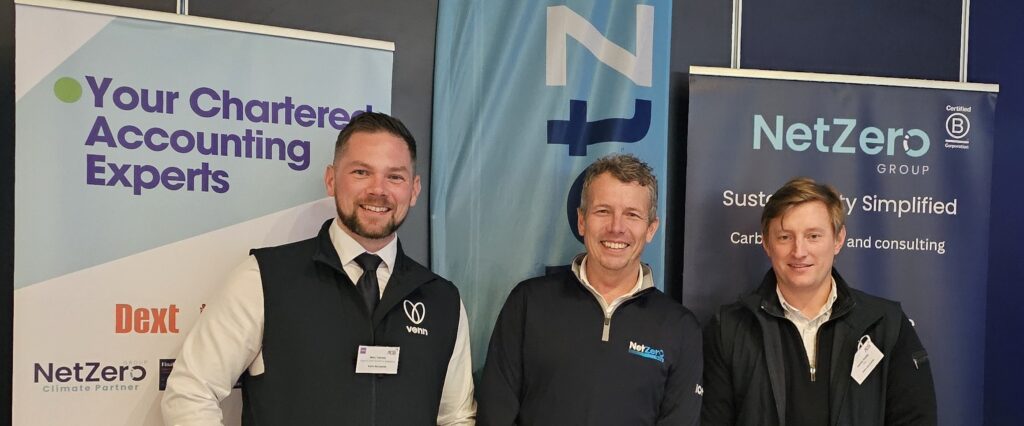All limited companies must pay corporation tax, and the main rate is currently 19 per cent. This applies to your net profits over your financial year.
There are ways of reducing this tax burden with different forms of tax relief.
Here are our top seven types of small business tax relief:
1. R&D Tax Credits
R&D tax credits provide tax relief on corporation tax. They’re an incentive for promoting innovation. Under HMRC’s SME R&D tax relief scheme, small businesses can deduct a tax credit of 130 per cent from their annual profits to cover R&D costs.
This is in addition to the 100 per cent they can already claim, giving a total deduction of 230 per cent.
Even if the company makes a loss, it can claim 14.5 per cent of this under the R&D scheme.
Typical costs that you can claim include:
∙ Salaries
∙ Wages
∙ Pension and NIC class 1 contributions
∙ Subcontractor costs
∙ Software costs.
2. Allowable Expenses
Various expenses that keep your business running are deductible from your corporation tax.
HMRC is specific about what these allowable business expenses are. They include:
∙ Rent
∙ Heating
∙ Insurance
∙ Repairs and maintenance
∙ Stationery
∙ Telephone bills
∙ Travel costs.
3. Working from Home Allowance
Working from home (WFH) has increased massively since the pandemic, and counts as another business expense.
You can claim a WFH allowance by deducting a portion of your home expenses to cover additional heating and lighting costs.
This allowance may also cover internet connection, telephone charges and insurance costs.
4. Capital Allowances
You can claim capital allowances on assets you’ve bought that are essential for running your business.
HMRC has an annual investment allowance (AIA) that lets you deduct the full value of an asset you have bought from your pre-tax profits.
Most plant and machinery will come under AIA. The maximum you can claim is £200,000 in a single financial year.
You can also claim for vehicles. They don’t come under AIA, but they do qualify for some deductions. Electric vehicles get a 100 per cent deduction, while other cars qualify for 18 or six per cent, depending on their emissions.
5. Patent Box Tax Relief
Patent Box tax relief applies where your company has a patented invention or innovation.
Under the Patent Box, you can benefit from a reduced 10 per cent corporation tax rate.
To qualify for this, your company must:
∙ Be liable to corporation tax
∙ Profit from exploiting patented inventions
∙ Own these patents or have exclusive licences for them
∙ Have undertaken qualifying development of them.
Qualifying development means making a significant contribution to creating or developing the patented invention. It can also apply to the development of products that use the patented invention.
6. Trading Losses
When you make a loss in one trading year, you can offset your taxable profits against this in another year.
You can carry losses back one year. Therefore, if you’ve earned a certain amount in the current year, but made enough of a loss in the previous year, you might be able to pay corporation tax on zero profit this year.
In your first four years of trading, or in your final year, you can carry losses back up to three years. Otherwise, the one-year rule applies.
Also, you can carry trading losses forward, deducting this year’s loss from next year’s profit. If your business remains in the same trade, you can keep doing this indefinitely.
7. Super Deduction
Currently, there’s a super deduction rate available, running until the end of March 2023.
This offers a generous 130 per cent first-year capital allowance for plant and machinery purchases.
The idea behind the super deduction is to stimulate business investment. Under it, for every pound you invest, you save 25p.
Corporation Tax Services for your business
Are you worried about your corporation tax bill or unsure about the allowances you can claim to reduce your tax burden?
We specialise in corporation tax services, with a keen, professional eye for detail and a personal approach to modern accounting.
For more details, please get in touch.






